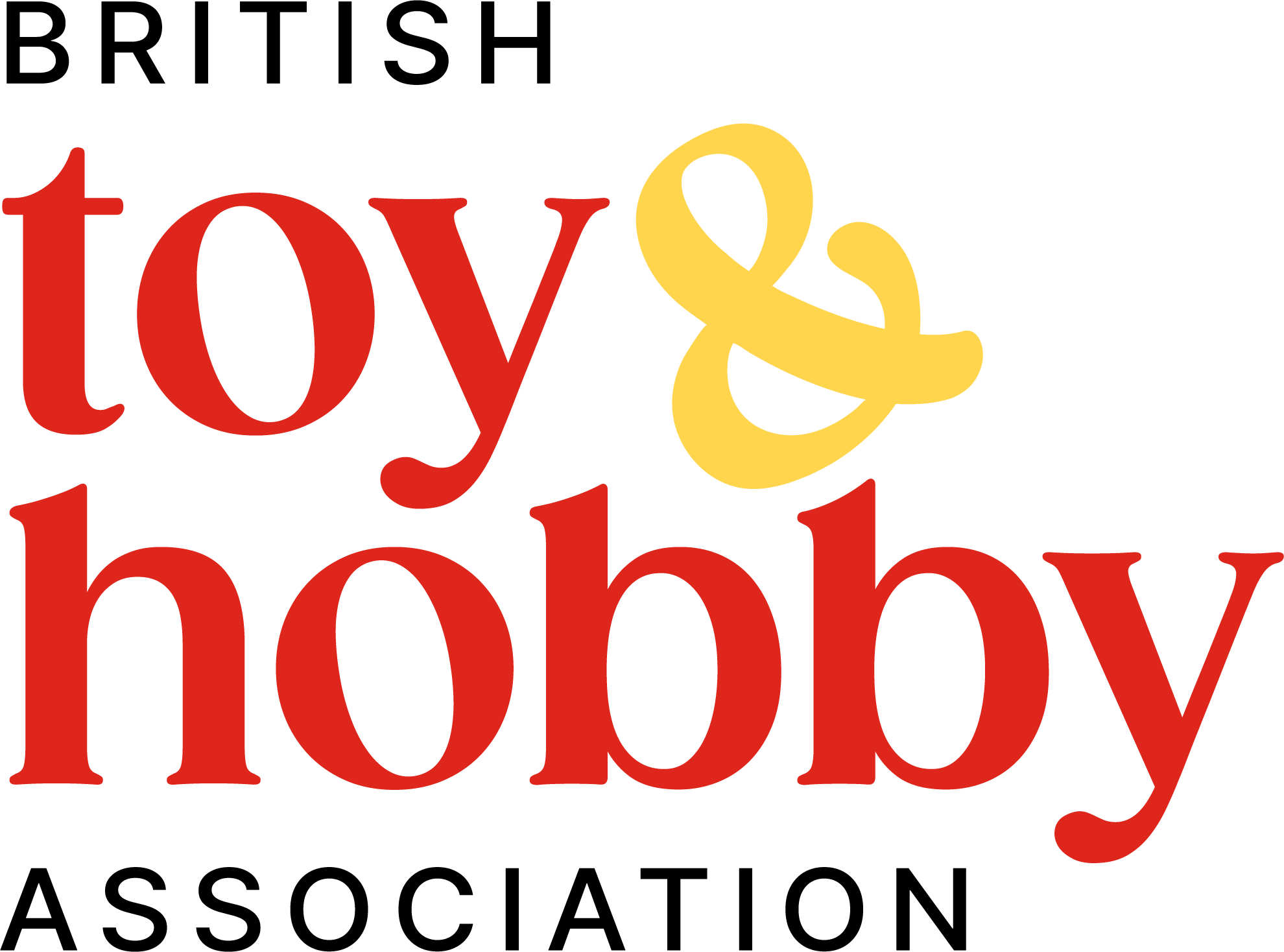Children Need To Hop, Skip And Jump Back Into The Real World
Children Need To Hop, Skip And Jump Back Into The Real World

1/3 of children value entertainment technology over traditional play
Only 2 in 10 parents understand the benefits of traditional play to their child’s development
20% of parents believe too much outdoor play could have a negative impact on their child
New research revealed today for the Make Time 2 Play (MT2P) campaign, worryingly reveals children are spending too much time playing in the virtual world and not enough in reality.
The results tested parents’ perceptions of play, alongside a report commissioned by MT2P and written by child health education specialist, Dr Aric Sigman. The report entitled ‘Play – it’s in their DNA’ highlights the vital importance of real world play for the development of children and calls for play to be recognised as more than just fun entertainment.
In a survey of 2,000 UK parents, a whopping 1/3 say their children’s idea of play is using recreational technology over traditional play. Of those asked, 7 in 10 parents admit to giving their child a screen entertainment based activity, with 20% even believing too much traditional or outdoor play could impact negatively on behaviour or grades. Perhaps uncovering why Britain’s love is shifting from handlebars to handsets. But, it was the reasons behind these perceptions that really stood out.
The survey also revealed 56% of parents use entertainment screen-based play to cure boredom, but an astounding 77% say the reason they rely on high amounts of recreational screen time comes down to their belief in the educational and learning benefits.
In contrast, Dr Sigman’s report shows traditional forms of play, both indoors and outdoors, have enormous hidden benefits; including improved behaviour, increased abilities to concentrate and even better school grades.
“It is clear that small screens have been accompanied by a drop in traditional play. The survey of parents shows perceptions of playtime are shifting to include entertainment screen time to the detriment of real world play.”
When it comes to traditional playtime such as games, puzzles and outdoor activities, parents struggle to see the benefits other than fun and entertainment, with a mere 2 in 10 feeling such activities have academic value or the ability to build their child’s self esteem. This is in comparison to a huge 66% who assume entertainment screenplay gives children both enjoyment and educational benefits.
From Dr Sigman’s comprehensive report, it is clear that the virtual world is not a substitute for the real world and there needs to be a balance between the two for children, to enrich their overall learning and development.
“Children need hands on play experiences in the real world not just the virtual world. Something as simple as blocks and puzzles help with spatial awareness, maths, problem-solving performance and science.”
“Play may have a role as an aid to combatting child obesity, behaviour in the classroom and academic performance. Playing in nature may even make children into nicer, more thoughtful individuals. Children need to learn to experience the real world before they start to manipulate experiences in the virtual one.
“Children have been compelled throughout evolution to learn the skills they need for adult life through childish play. Play remains highly undervalued – the poor cousin or fun alternative to ‘learning’. Play may be fun but it is also now formally considered a medical and developmental requirement for all children.”
As well as highlighting parents’ modern perceptions of play, the research also uncovered its obstacles, with 43% of parents blaming their busy schedules for children spending too much time in a virtual world. Ironically, children gain huge benefits from playing on their own – so only need to be given the time to play.
Dr Sigman’s report recommends that parents limit entertainment screen time and balance the activities through the week to give children the opportunity to experience real world play, particularly as children go back to school and extra curricular activities and time pressures increase in term time.
This year’s MT2P campaign supported by mum of two, Michelle Heaton, said;
“The benefits of traditional play are so much more than perceived in the modern world and MT2P’s research demonstrates that play should be valued in the same way as nutrition – too much of the same thing can be bad for children. The key is in finding a healthy, balanced
play diet”.
For further information or to schedule an interview contact the team on 0161 669 4708 or email maketime2play@mancfrank.com
Notes To Editors:
The Make Time 2 Play campaign is run by the British Toy & Hobby Association.



 Facebook
Facebook Twitter
Twitter YouTube
YouTube Instagram
Instagram
